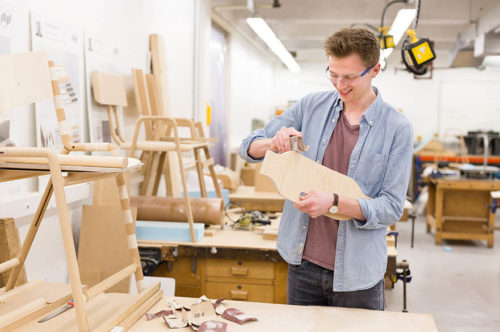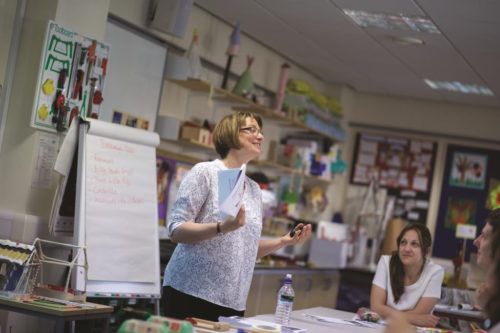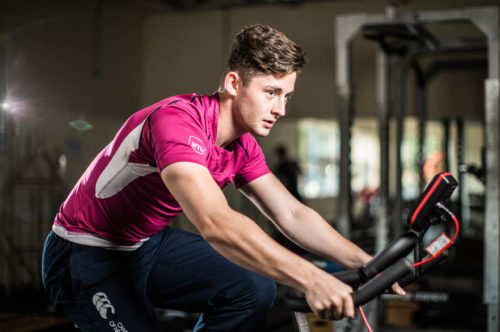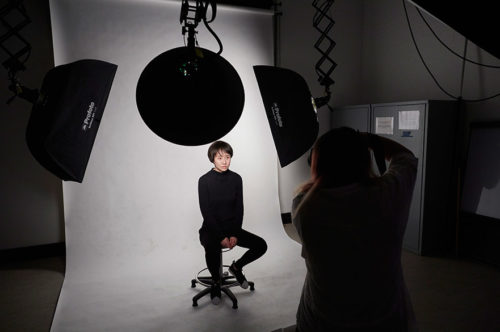Why study product design technology?
Product design technology combines creativity and practicality to bridge the gap between product design and design engineering.
The industry needs graduates with the ability to create innovative concepts and transform them into real working products.
You may also be interested in our BA(Hons) Product Design course.
Why UWE Bristol?
BSc (Hons) Product Design Technology will give you the creativity, skills and confidence to take exciting concepts and transform them into real, working products.
Learn from friendly tutors with extensive industry expertise and work on a series of projects in our well-equipped Design Studio.
Examine real problems, grow your understanding of people and their needs, and develop innovative solutions. Gain advanced skills in concept sketching, making working prototypes, engineering analysis, computer-aided design (CAD), design for manufacture and beyond.
Work on design briefs for a range of industry clients. Past organisations have included Jaguar Land Rover, Dremel Bosch, Omlet and Virgin Marussia Formula 1. Take part in exhibitions and grow your network at industry presentations.
Graduate with the skill and confidence to create innovative products and build a successful career in the creative industries.
Where can it take me?
As a graduate, your in-depth understanding of technology, sustainability and materials will equip you for a range of careers.
Most of our graduates go into product development roles for design consultancies, or join in-house design teams for manufacturers and major brands.
Many are inspired to launch their own products or establish themselves as freelance design consultants.
Take a look at our online yearbook of student projects from our architecture and product design courses.
Zobacz więcej na stronie uniwersytetu >>







